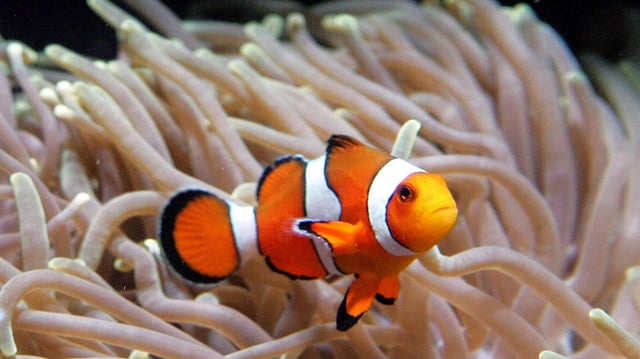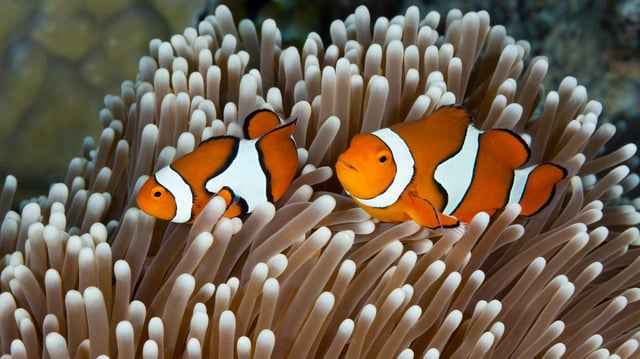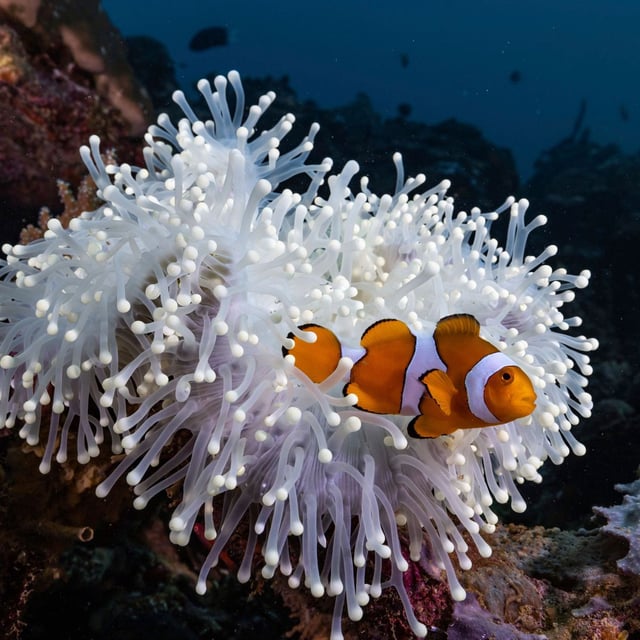Overview
- Researchers observed 134 clownfish in Papua New Guinea's Kimbe Bay during a five-month marine heatwave in 2023, documenting a +4°C temperature anomaly.
- 100 of the studied fish shrank by several millimeters, with pairs adjusting their sizes in coordination to preserve social hierarchies and reduce conflict.
- Coordinated shrinkage was linked to a survival advantage, with shrinking fish showing up to 78% higher survival rates compared to those that did not shrink.
- The study suggests that elevated metabolic and oxygen demands in warmer waters drive this adaptive response, potentially involving tissue resorption.
- The findings, published in *Science Advances*, propose a physiological explanation for declining fish sizes in warming oceans, with further research underway to explore broader implications.



